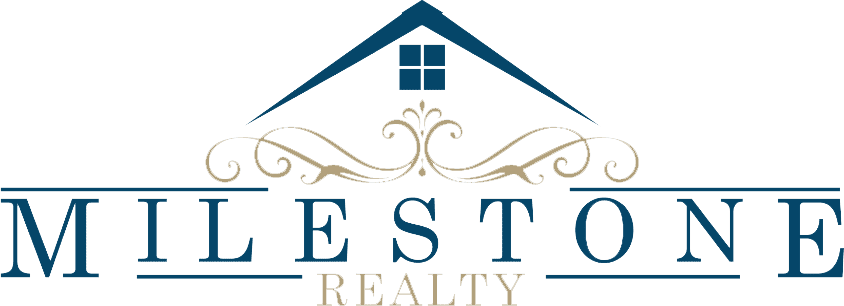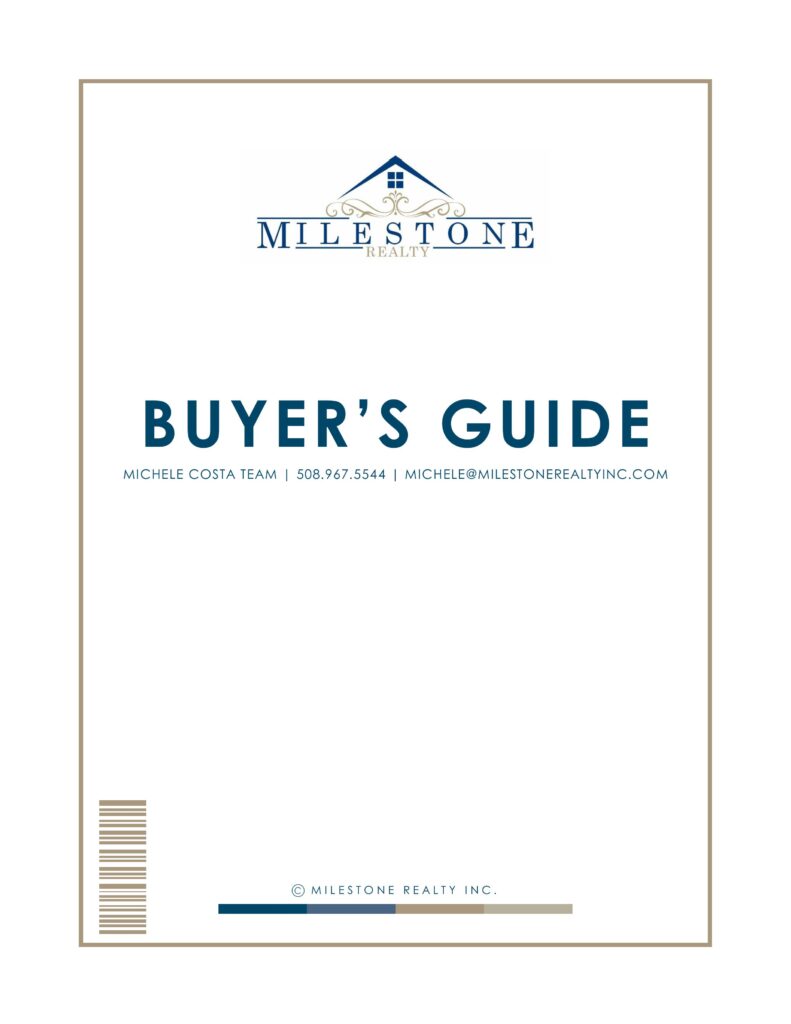Closing on a house is an exciting milestone, but it comes with financial considerations that every buyer should understand. Beyond the purchase price, closing costs are an essential part of the transaction, covering various fees and expenses to finalize the deal. By breaking down these costs, homebuyers can budget effectively and approach the process with confidence. Here’s what you need to know about the expenses involved in closing on a home.

The Role of Loan Origination Fees
Loan origination fees are one of the most significant costs for buyers using a mortgage. These fees compensate the lender for processing the loan application and underwriting the mortgage. Typically, they are calculated as a percentage of the total loan amount, often ranging from 0.5% to 1%. For instance, on a $300,000 loan, you might pay between $1,500 and $3,000 in origination fees.
Some lenders may charge application or processing fees in addition to the standard origination fee, which should be disclosed upfront. Comparing loan estimates from multiple lenders can help buyers secure the best rates and minimize these costs.
It’s also worth noting that certain factors, such as your credit score and loan type, can influence the origination fee. Borrowers with strong credit may negotiate lower fees, while specialized loan programs, like FHA or VA loans, might come with specific charges or limits.
When budgeting for closing costs, loan origination fees must be allocated funds. While these charges are unavoidable for most buyers, understanding their purpose and how they are calculated can help demystify the mortgage process.
Appraisal and Inspection Costs
Before lenders approve a mortgage, they require a professional appraisal to confirm the property’s market value. This appraisal ensures the home is worth the loan amount, protecting both the lender and the buyer. Appraisal fees typically range from $300 to $600, depending on the property’s size, location, and complexity.
Additionally, a home inspection is a vital step to identify any structural or mechanical issues in the property. While inspections aren’t always mandatory, they are highly recommended to avoid surprises after moving in. Inspection fees generally fall between $300 and $500, but specialized inspections, such as for mold or radon, can add to the cost.
Some buyers mistakenly believe they can skip these expenses, but both appraisals and inspections play critical roles in the home-buying process. The appraisal verifies the home’s value, ensuring you’re not overpaying, while inspections provide peace of mind about the property’s condition.
These costs are separate from one another and are often paid upfront during the closing process. Buyers should include these fees in their budget and plan for any additional inspections that may be necessary based on the property’s age or condition.
Understanding Title Insurance and Title Search Fees
Title insurance protects buyers and lenders from potential disputes over property ownership. Before closing, a title search ensures there are no outstanding liens, claims, or legal issues related to the property. Depending on the complexity of the records, title search fees usually range from $150 to $400.
After the title search is complete, buyers typically purchase title insurance policies. There are two types of title insurance: the lender’s mandatory policy and the owner’s policy, which is optional but strongly recommended. The cost of title insurance varies based on the property’s value and location, with policies often costing between $500 and $3,500.
Title insurance is a one-time cost that provides long-term protection. While it may seem like an unnecessary expense, it safeguards your investment from unforeseen problems, such as undisclosed heirs or past liens that could jeopardize your ownership.
Understanding the nuances of title-related fees ensures you’re well-prepared for these essential closing costs. By working with a trusted title company, you can streamline the process and gain confidence in your property’s legal standing.
Prepaid Costs and Escrow Reserves
Prepaid costs and escrow reserves are another significant component of closing expenses. These funds cover items such as property taxes, homeowners’ insurance, and mortgage interest for the period between closing and your first mortgage payment.
Property taxes are typically paid in advance, with the lender collecting several months’ worth of taxes to fund your escrow account. Homeowners insurance, which protects against damage or loss, is also paid upfront, often for the first year of coverage. In addition, lenders may require a cushion in the escrow account to ensure future payments are covered.
Mortgage interest, calculated from the closing date to the end of the month, is another prepaid cost. The exact amount depends on your loan terms and interest rate. These upfront payments ensure that your financial obligations are met as you transition into homeownership.
While these costs might seem overwhelming, they are part of maintaining your new property. Being aware of these prepaid expenses helps buyers plan accordingly and ensures a smoother transition from closing to managing monthly payments.
Recording Fees and Transfer Taxes
Recording fees and transfer taxes are government-imposed costs to officially document the property transfer and record the new deed. These fees vary widely by state and local jurisdiction but are a required part of closing on a home.
Recording fees cover the cost of entering the transaction into public records, ensuring that the new ownership is legally recognized. Depending on where the property is located, these fees can range from $25 to several hundred dollars.
Transfer taxes, sometimes called deed or real estate taxes, are calculated as a percentage of the property’s purchase price. Rates can vary significantly; for instance, some states charge 0.01%, while others may impose a tax of 2% or more.
Buyers and sellers should review their purchase agreement to determine who is responsible for paying these costs, as it can vary by region and negotiation. Preparing for these fees ensures that there are no surprises at closing and that the property transfer is legally documented.
Miscellaneous Closing Costs to Consider
Beyond the major categories, there are smaller but equally important expenses to account for when closing on a house. These include fees for document preparation, courier services, and notary services. Individually, these costs might seem minor, often ranging from $50 to $200, but they can add up quickly.
If your transaction involves a homeowners association (HOA), you may encounter additional fees, such as HOA transfer fees or prorated dues. Buyers purchasing in condominium communities or planned developments should factor these into their budget.
Another cost to consider is a potential home warranty, which offers coverage for major systems and appliances in the house. While optional, a home warranty can provide valuable peace of mind during the first year of ownership.
By accounting for these smaller items, buyers can create a comprehensive budget for closing costs. Awareness of these miscellaneous charges helps ensure that every aspect of the transaction proceeds smoothly.
Closing Costs: Your Path to Homeownership
Closing costs, which encompass a wide range of fees and expenses, are necessary when buying a home. By understanding these costs and planning accordingly, buyers can approach the process with confidence. If you’re ready to take the next step toward homeownership, contact me today to discuss your goals and explore available properties.


